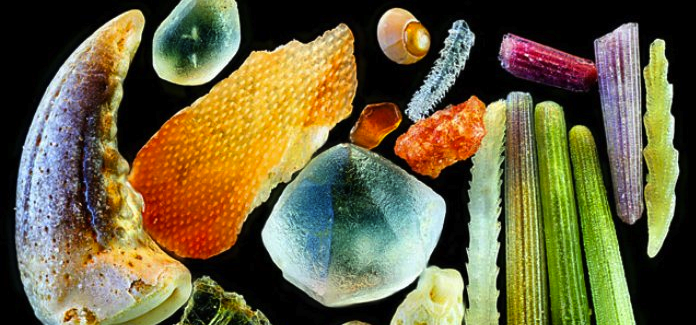There is a certain little word that can make parents crazy.
It is worse than ‘Oww!’, more frustrating than ‘No!’, and more challenging than ‘Mine!’
That word is: ‘Why?’
At a far-too-young age most children discover the word ‘why’ and its mystical powers for simultaneously getting parents to talk and flustering them. My wife and I noticed that in each of our three children, this dangerous word was discovered successively earlier. By the time our lastborn was talking, she had stolen this word from her big sisters and was using it without really knowing what it meant.
While the word ‘why’ has the power to drive us mad, it is admittedly still a good word. And one that, deep inside, parents know they should encourage in children. We want them to be curious about the world. We want them to be explorers, plumbing the depths of what fascinates them in a quest to find the root causes. We want them to go beyond accepting things at face value. So, while it seems counter-intuitive (and maybe a little masochistic!), we know that we should encourage the ‘why.’
If only there was a way to make the ‘why’ more fun.
A few months ago we were at the beach. My wife and our older daughters were playing in the water; the three year old and I were playing in the sand. Suddenly, the dreaded word materialized between us: “Why is the beach full of sand?”
Now, I am no scientist and am not much of a naturalist. So, I was left with a few memories from an 8th grade class that would likely end with me giving an unsatisfying and oft repeated answer: “I don’t know Katie, but good question!” So, I tried a new track. I started with “Once upon a time…” and came up with a pretty decent story about some little girls and the way that a bunch of sugar was turned into a beach full of sand.
We had fun over the next few weeks inventing other tales from the ‘whys’ in our life: Why does the ocean have waves? Why does the ocean taste salty? Why are there clouds in the sky? Why are sunsets colorful? And more… Now they have become part of our family’s little story archive.
One day we were sitting outside with one of my daughter’s teachers as I was telling these ‘Why’ stories once again. At one point she looked at her student and asked, “Ellie, do you remember what these kinds of stories are called?” The answer: Pourquoi stories.
‘Pourquoi’ means ‘why’ in French. Pourquoi stories are origin tales or myths that usually start with a question. This term describes a large portion of the stories in the folk tale and legend genre.
So, by turning my little girl’s ‘why’ into a story, I like to think that I was joining the long line of grandparents throughout human history who desired responses more enjoyable than “I don’t know.” I see myself joining the ranks of parents who want their children to see the world through the lens of curiosity and wonder.
Pourquoi stories can help cultivate that kind of inquisitive spirit. They can encourage us to engage the world using one of our most powerful tools – our imagination. Besides, they can be a healthy and constructive response to one of a parenthood’s more intimidating opponents: a tall stack of ‘whys.’
At some point in the very near future, my little girl will be ready to hear the real ‘why’ behind the origin of sand. She will be ready to marvel at the way the Maker’s rocks, minerals and shells erode away to create something so beautiful. And she will be able to see that the real story is no less magical than our invented ones.
- Sir Raleigh, Storytelling, and the Sea - June 19, 2023
- The King and the Kids’ Table - October 18, 2021
- Encouraging the ‘Why’ - August 9, 2021

Why is Alan such a good writer and story teller? Once upon a time the Maker made a young man with a heart for Gods’ people and telling His story. Thanks for sharing.
Thanks for the encouragement darrin! We miss you guys.